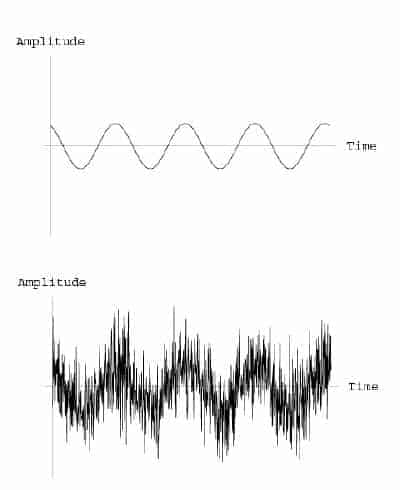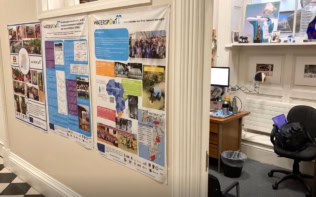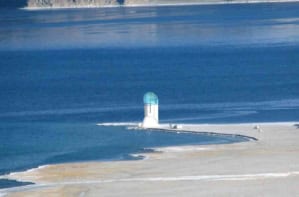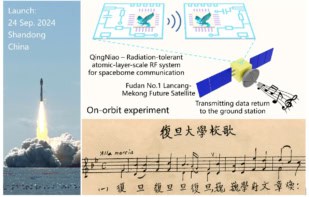Many workshops and meetings start with an activity that is intended to help people relax and get to know each other. However, these icebreaker activities are often unpopular with scientists, which is why Michelle Larson and colleagues at Pennsylvania State University in the US have proposed a new approach based on the search for gravitational waves (M Larson et al. 2005 arXiv.org/abs/physics/0503198).

“In the past, I have participated in icebreaker activities that were not enjoyable and did not fit in with the tone of the meeting,” says Michelle Larson. “At one workshop, for example, we all had to remove our shoes, throw them into a pile in the centre of the room, pick out their owner and get to know that person. Icebreakers like these can be painful for some people and do nothing to enhance the agenda of the workshop.”
Larson and colleagues have already used their physics-based approach with examples from solar and cosmic-ray physics at gatherings of students and school pupils, and also at meetings involving the general public. Now they have extended it to gravitational-wave astronomy and the search for the tiny ripples in the fabric of space-time that are produced when massive bodies accelerate. Separating the very weak gravitational signal from the background noise is extremely difficult.
The new icebreaker activity aims to teach participants the basics of gravitational-wave astronomy and help them understand how astrophysicists interpret the data from their detectors. Different sources of gravitational waves should produce very different signals and the object of the icebreaker exercise is to match example signals with the appropriate astrophysical source (see figure). Each group in the class then has to discuss its results with the other groups.
“All the participants said they had enjoyed themselves and that they had learned something!” says Larson, who has tested the approach with both middle-school girls and high-school teachers. “And any critics we had changed their minds after seeing the activity in action,” she adds. Similar icebreaker activities could be designed around any scientific topic, she says.



